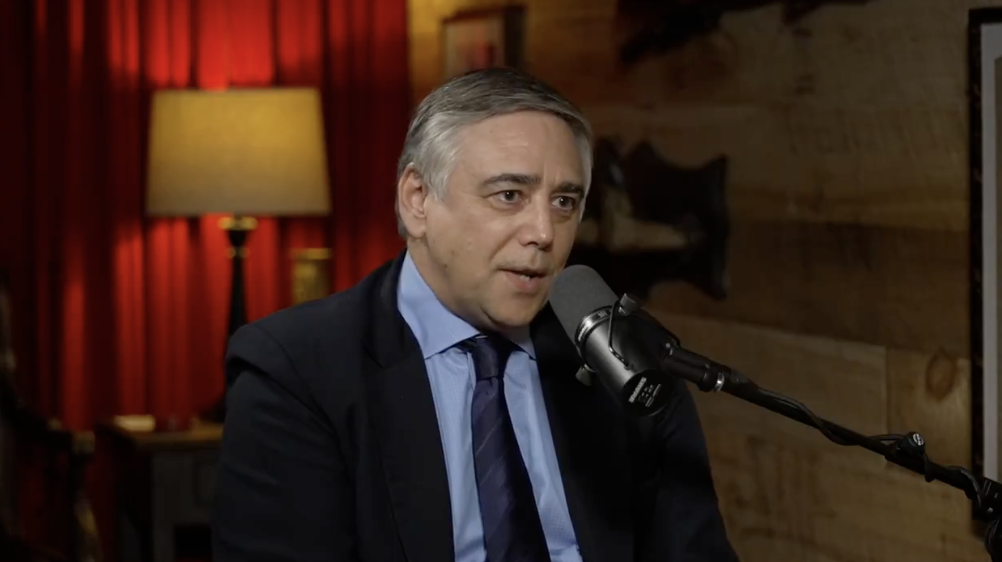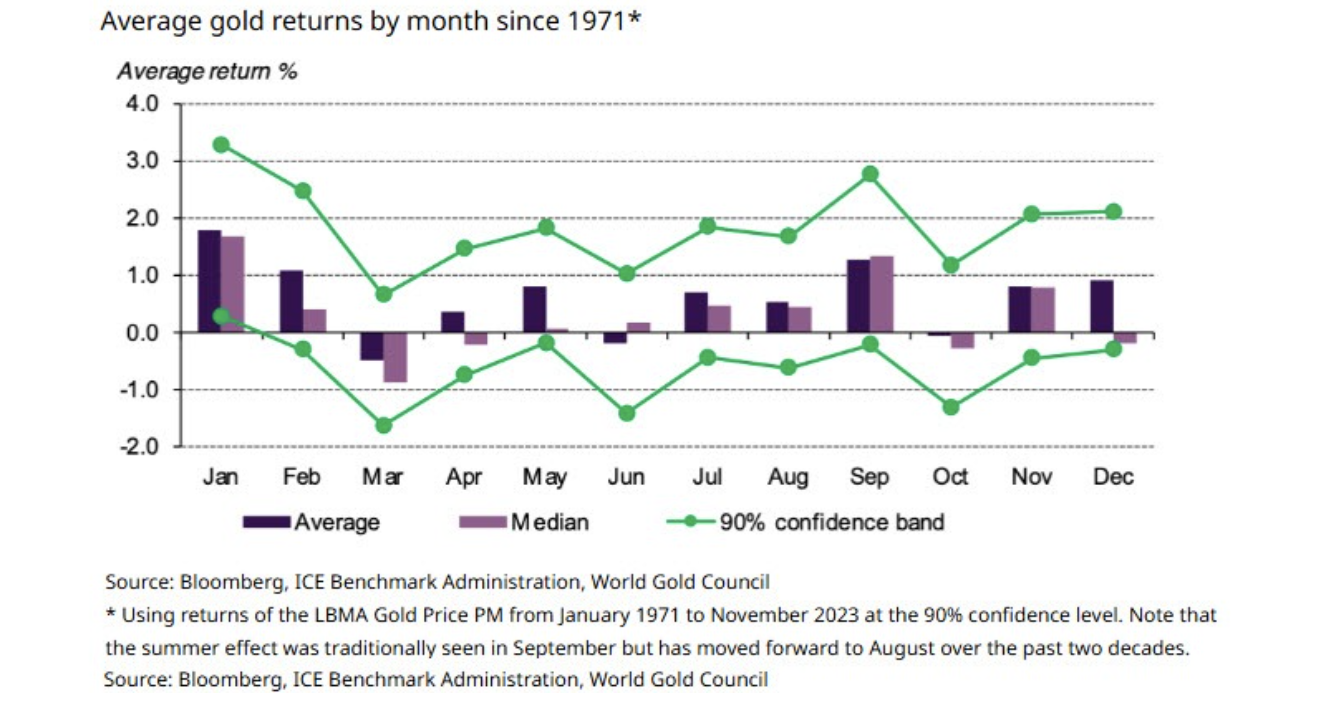
Please Follow us on Gab, Minds, Telegram, Rumble, Gab TV, GETTR
Guest post by Scott Sturman
Critical Race prophet Herbert Marcuse, a German born Marxist and “Father of the New Left,” evolved from an obscure academic to a formative figure in Critical Race Theory. His many books and articles, filled with abstruse prose and revolutionary terminology, served as a template and validating authority for the perpetrators of violence and social unrest in the 1960s.
Despite Marcuse’s lifetime of publishing nuanced commentary that attempted to explain and understand the failure of Marxism, his personal boogeyman was capitalism. He spent a career exploring its oppressive and repressive elements and was aghast that workers did not share his disdain and revolt against their masters. Since Marxism is tantamount to perfection, then any variance must necessarily be the fault of the workers. Flummoxed by this irrationality, the members of the Frankfurt School, of which Marcuse was a member, employed psychotherapy to discern why those who would benefit most from revolution eschewed it.
Confronted with the dilemma, the Critical Theorists deduced that workers had not developed a suitable level of consciousness regarding their plight. Essentially, they did not grasp their misery. Revolution required the introduction of radical subjectivity to foment discontent and the realization that labor represented enslavement that was economically and socially intolerable. This dynamic represents Marcuse’s concept of alienation, which was made possible by concealment, a process of intrinsic domination within capitalist societies whereby these contradictions are purposefully hidden. Thus, only by arousing the workers’ consciousness can problems be solved by revolution.
At this point Marcuse departs from orthodox Marxist dogma which is wedded to proletarian revolt, and proposes countless, marginalized, oppressed groups seeking radical change. The “inner history of the individual” stipulates that all human differences are a potential source conflict. The Great Refusal is a manifestation of this philosophy and exemplified by the student riots of the 1960s when all aspects of society became targets of revolutionary ideology. By saying “No” to oppression and domination society could be liberated. Marcuse readily employs circular reasoning to explain that by eliminating dominance hierarchies and their attendant forms of subjectivity, revolutionaries adhering to new sensibilities will establish their own subjectivity.
Marcuse’s insights came to fruition in 1964 with the publication of the book “One-Dimensional Mind”. Here he covers his bases and points out that domination no longer is dependent on force or an authority figure, but one dimensional thinking, the antithesis of critical thinking which relies on two dimensional thinking. One dimensional thinking subverts its better by:
- The system makes people feel freer than they are in actuality.
- The system provides just enough goods to pacify the citizen.
- The citizen identifies with his oppressor. (Stockholm Syndrome)
- Political discourse is eliminated.
Once again a tidy, contrived, circular argument places all the blame on capitalism and exonerates Marxism and its reinterpretations.
Fragmentation of society into component groups is the sine qua non of revolution, and like CRT founder Richard Delgado, Marcuse paid special tribute to radical feminism, which offered in his view “the most important and potentially the most radical political movement we have.” This movement offered a vehicle for all oppressed classes. Understanding the usefulness of division to achieve revolutionary goals, Marcuse professed androgyny - what better way to stir the pot and disrupt societal norms?
Liberation was useful only to a point, however. According to Marcuse, too much individuality impedes the freedom of others, so freedom and happiness must be limited for coexistence. The desires of the individual must conform and identify with the apparatus, which in turn defines humanity. Once again the promise of utopia descends to anarchy and resurrects as oligarchy with freedom as the major casualty.

























The basic tenet of this convoluted family of theories is the “unfairness” of life. People naturally compete for everything: mates, jobs, admissions, scholarships, grades, athletic prowess, promotions, friends, status, and anything else that enhances a person’s chances to move ahead of others. Parents who are preparing their children for real life teach them to accept this prime lesson. Stop complaining; deal with the setback by working harder or choosing a different path; life is equally unfair in many ways, so it really is, ultimately fair; we mustn’t expect to reach goals for which we are not intrinsically suited or able to excel; use failure as a learning opportunity; and so forth. That’s not good enough for some losers, though. They demand that the standards be lowered or the rewards redistributed. Neither of those solutions will improve society, unless you want everyone to be lazy or apathetic.
We must add Critical Medical Theory to the list of expanding Critical Theories destroying the country. Where only certain regime approved doctors get heard. Can't criticize them. Get vacxd is the only allowed message. etc